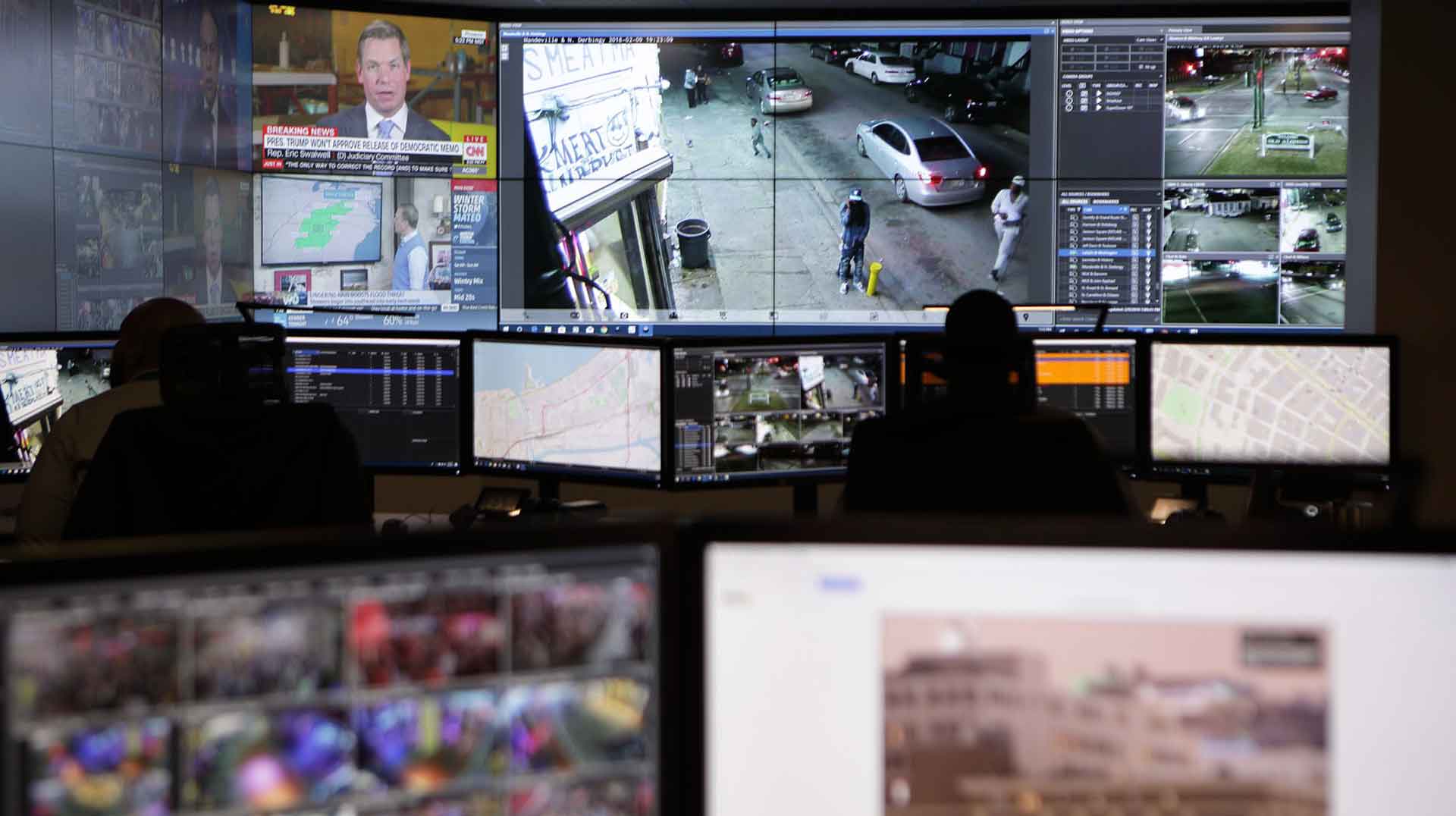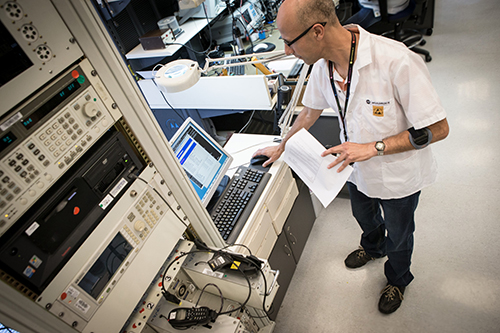In 1991, the ASTRO system was born. With the anticipation of Project 25 (P25) – designed to create a user-driven, flexible, and open standard for radio communications – Motorola Solutions built ASTRO as a land mobile radio (LMR) platform to comply with the P25 standard. To celebrate ASTRO’s 25th year, this series will look at the past, present, and future of ASTRO 25 and answer the most pressing questions being asked by radio users today.
As ASTRO 25 adoption spread, the needs of its users changed. Radio fleets grew in size, and functionality evolved to where it is today – incorporating voice and data across a secure P25 network. Regardless of fleet size, agencies need to use more than voice services to maximize operational efficiency. For agencies with a few dozen radios, sending individual texts or images is cumbersome. For agencies with a few thousand radios, it is nearly impossible. Fortunately, for ASTRO 25 radios, Group Services solves that issue before it arises.
What are Group Services?
\nTraditional data messaging services operate in a unicast fashion, where one message is replicated and then sent individually to every targeted receiver. LMR continues to be widely accepted because of its very efficient one-to-many voice communications. Group Services leverage the inherent talkgroup service of LMR to make it available for sending data. This enables the transmission of data over ASTRO 25 radio systems, from one-to-many users. This is a much more efficient method to disseminate information to a large group.
Why it Matters
Narrowband systems can’t match the raw speed of today’s broadband networks, but by using Group Services, LMR can efficiently disseminate critical data to many users in a short period of time. With just one message, all radios on a talkgroup can be contacted simultaneously, opening the door for a new class of data services. For example, dispatcher operations are enhanced with the ability to follow up to a voice call with a group text, “Go to this address and look for license plate ABC123.” Shift change alias updates can be automatically pushed to every radio in a talkgroup simply by pressing the PTT button. Soon, an entire fleet of radios can receive firmware upgrades over the radio system in about a day, with no interruption to voice communications. With this new group data service, it is not hard to think about group snapshots and group IOT services.
LMR was built for voice group communication. Using this group-like model, users can now send data information with the same efficacy as voice communication. Take advantage of what LMR was built to do, and communicate in more ways, more easily.
Learn more about ASTRO 25 by visiting www.motorolasolutions.com/astro.



